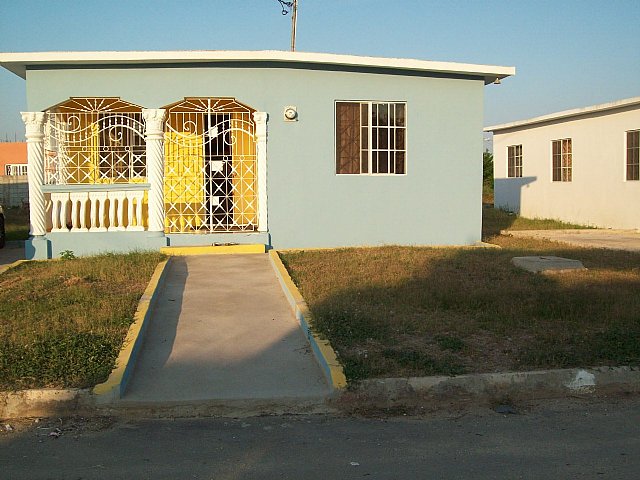Table of Content
For example, if you have a $2000 tax bill and are in the 25% tax bracket, you could save $500. There is a limit to how much you can write off, so be sure to keep track of how much you are paying in property taxes each year. Mortgage interest is the amount of money that you pay to your lender in order to borrow money to purchase a home.

For debts incurred before December 16, 2017, these numbers increase to $1 million and $500,000, respectively. The home must be a qualified home, which the IRS defines in Publication 936. The amount an LLC can write off depends on the type of deductions it is taking. Generally, business expenses such as advertising costs, employee salaries, and office supplies are fully deductible.
Home Loan Interest Deduction
Enter your mortgage insurance premium information on Form 1098 in your eFile account and answer the related questions to see if you qualify for the credit and/or deduction. In case of a home loan taken jointly, both borrowers can enjoy tax benefits on his/ her taxable income individually. This includes a maximum of Rs. 2 lakh on the interest paid and up to Rs. 1.5 lakh on the principal amount. Note that $750,000 is the total new limit for deductions on all residential debt.

Instead, deduct the remaining balance over the term of the new loan. The term “points” includes loan placement fees that the seller pays to the lender to arrange financing for the buyer. You can't fully deduct in the year paid points you pay on loans secured by your second home.
What’s not deductible
FeesAppraisal, Amounts charged for services.Notaries, Amounts charged for services.Points Figures Form 1040, Schedule A, How To Report, Table 2. Where To Deduct Your Interest Expense Form 1040, Schedule C or C-EZ, Table 2. Where To Deduct Your Interest Expense Form 1040, Schedule E, Table 2. Where To Deduct Your Interest Expense Form 1040, Schedule F, Table 2. Where To Deduct Your Interest Expense Form 1098, Form 1098, Mortgage Interest StatementForm 8396, Mortgage interest credit.

The deduction under 80EE is applicable only to individuals which means that if you are a HUF, AOP, a company, or any other kind of taxpayer, you cannot claim the benefit under this section. To claim this deduction, you should not own any other house property on the date of the sanction of a loan from a financial institution. The following information will cover the basics of mortgage interest tax deductibility, including how to calculate your allowable amount for any given year and how to claim the mortgage interest deduction. It also includes additional information about other deductions that are available if you itemize your deductions on Schedule A.
Deduction of Interest paid on Housing Loan (U/s 24B)
If you have a rewards credit card, feel free to maximize your reward opportunities without having to worry about paying taxes on your rewards earnings — including welcome bonuses. You can deduct the interest on loans used to purchase your house, along with a refinanced mortgage. If you have a refinanced mortgage, interest can be deducted up to the property’s total purchase. The odds of being audited by the IRS are generally low, but you do not want to take any chances. If you’re planning to use a home equity loan or HELOC to pay for home repairs or upgrades, be sure to keep receipts for everything you spend and bank statements showing where the money went.

Once you have all the necessary paperwork in place, you can begin to calculate your deductions. This includes calculating all applicable business expenses, as well as any state or federal credits that may be available. In 2020, interest expenses could be deducted from up to 50% of taxable income. However, for the 2021 tax year, interest expense deductions can be made from up to 30% of taxable income.
You can claim the interest charged on your home loan as a deduction when completing your income tax return. However, you need to be using the property to earn income by renting it out because solely residential property isn’t eligible for any tax deductions. On the other hand, if your residential property is being used to produce income like home business or a home office, you could claim some tax deductions.
You used part of the mortgage proceeds to pay down debt, invest in a business or do something unrelated to buying a house. Look in your mailbox for Form 1098.Your mortgage lender sends you a Form 1098 in January or early February. It details how much you paid in mortgage interest and points during the tax year. Your lender sends a copy of that 1098 to the IRS, which will try to match it up to what you report on your tax return. LITCs represent individuals whose income is below a certain level and need to resolve tax problems with the IRS, such as audits, appeals, and tax collection disputes. In addition, LITCs can provide information about taxpayer rights and responsibilities in different languages for individuals who speak English as a second language.
You can't have borrowed these funds from your lender or mortgage broker. If you qualify for mortgage assistance payments for lower-income families under section 235 of the National Housing Act, part or all of the interest on your mortgage may be paid for you. You may be able to claim a mortgage interest credit if you were issued a mortgage credit certificate by a state or local government.
So you'll need to decide whether itemizing your deductions or taking the standard deduction saves you the most money. The mortgage interest tax deduction is designed to make help make buying and owning homes more affordable for typical Americans. Although this deduction has been around for decades, it's also currently a topic of controversy with financial experts and government officials. Tax deductions are an important tool for reducing one’s taxable income and therefore the amount of taxes one must pay. They are different from tax credits, which are a dollar-for-dollar reduction in taxes owed. You will need to fill out all of the appropriate tax forms in order to claim deductions.
